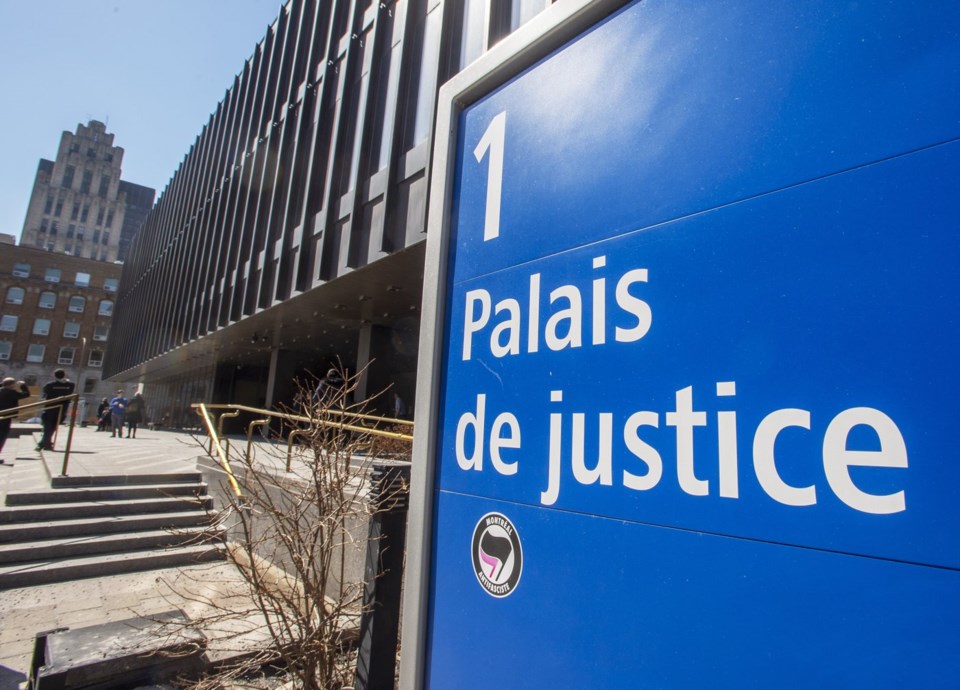MONTREAL — A Quebec judge ruled Wednesday that smoking during a stage performance is a valid form of artistic expression, overturning a lower court's decision and clearing three theatres that had been fined for allowing the practice.
Superior Court Justice Jean-François Émond concluded that the act of smoking during a fictional performance in order to convey a message is "expressive content" protected under the Charter of Rights and Freedoms.
"Although public health is an important issue in our society that justifies the ban on smoking in public places, this measure must include exceptions in cases where the act of smoking is carried out by actors in the context of a play," he wrote.
"The consequences of such a ban with regard to a mode of artistic expression represent a serious violation. It is all the more so because in our society, which aims to be tolerant, theatre, as a living art, constitutes one of the most important forms of personal enrichment and fulfillment."
Three Quebec City theatres had gone to court to challenge fines they received for allowing actors to smoke nicotine-free herb-filled cigarettes on stage between 2017 and 2019, claiming the tickets violated their freedom of expression.
A judge in 2021 ruled against them, concluding the theatres' rights to artistic expression extended only to portraying or simulating smoking, and not to lighting up and inhaling from a cigarette, even if it did not contain tobacco.
But Émond said the first judge erred in concluding that no message was conveyed by the act of smoking.
"He erroneously retained that the act of smoking a cigarette in the three plays in question had no expressive content, in the opinion that the creators were only looking to represent the act of smoking without transmitting a message," he wrote.
He found that smoking did convey a message, including "the psychological and existential distress experienced by people living certain difficulties.”
Quebec's Tobacco Control Act says any products that are put to a person's mouth to inhale a substance, whether or not it contains nicotine, are forbidden in “enclosed spaces where activities of a sports or recreational, judicial, cultural or artistic nature are presented” or in any enclosed space where the public is admitted.
According to the court decision, Quebec's attorney general argued that the rules are necessary due to public health concerns, including the risk of secondhand smoke. It argued that no compromises should be made for theatre performances, including in cases when audience members are warned about the smoking beforehand.
But the judge ruled that this interpretation wasn't reasonable, noting that the choice to attend a performance where someone smokes is akin to visiting the house of a smoker friend.
"This ban doesn’t respond rationally and intelligently to the issues related to tobacco use and the objectives of the legislator in this regard," he wrote.
Émond declared invalid the section of the tobacco act referring to cultural or artistic performances but suspended the application of the decision for a year to allow the government to modify its legislation.
In a joint statement published online, the three theatres said they were relieved by the decision to acquit them, and encouraged by the judge's defence of freedom of expression.
"We are convinced that the government will be able to find ways to modify the Tobacco Control Act in such a way as to create an artistic exception that will respect the decision of Judge Émond," wrote Théâtre du Trident, le Théâtre La Bordée et Premier Acte.
This report by The Canadian Press was first published May 29, 2024.
Morgan Lowrie, The Canadian Press



